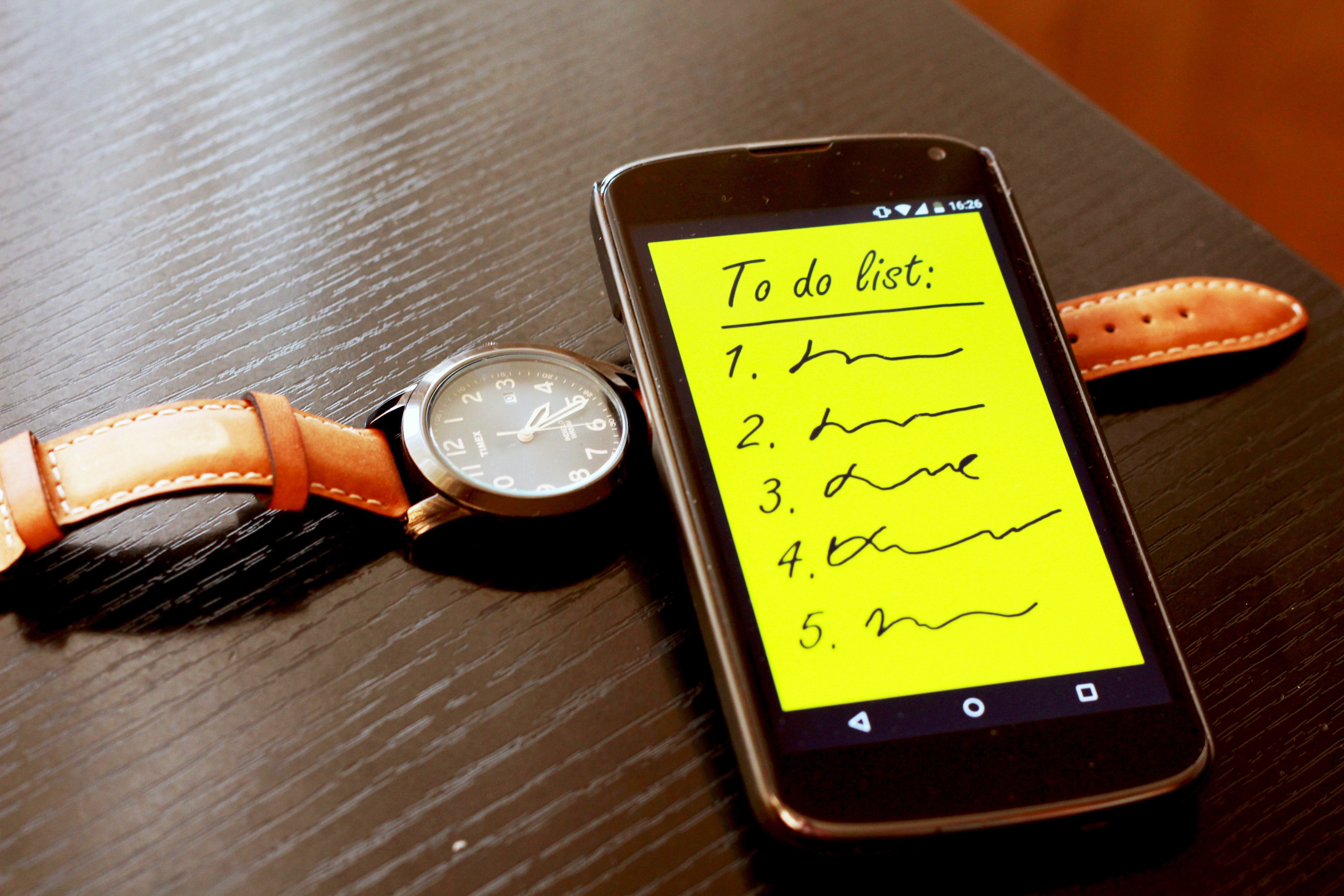Recently, I had a sudden and semi-germophobic realization that I should probably clean my computer keyboard more often – maybe even as often as I wash my hands. As a prospective English major who’s also currently exploring classes in Computer Science, my hands are almost always typing away at my keyboard, either working on an essay or coding an assignment. I use my keyboard to text and to write emails. Even in my free time, my favorite pastime is writing blog posts or working on stories. The amount of time that I spend using my laptop, staring at a screen and typing away, is extensive.
Every time I open my laptop, an aesthetic picture of a beach or the mountains or some other scenic view fills the screen, only interrupted by huge font displaying the time, wishing me a good evening, and asking: “What is your main focus for today?” This common extension of Google Chrome, called “Momentum,” also displays a motivational quote at the bottom of the screen each day that makes me cringe more often than it inspires me. Today, it says, “Failure is just practice for success.” Though I find such features of this extension a bit corny and unhelpful, I continued to use it in order to take advantage of its to-do list feature. Since most of my work is done on the computer anyway, having a to-do list on the bottom right corner of the screen that I could quickly add and remove from was incredibly convenient.
I soon found, however, that checking off an item from the to-do list – seeing that blue line cross off the item that was daunting me – became one of the main things I looked forward to in a day. It was satisfying to know that I had completed a task, refreshing to see one less thing to worry about. Yet, my to-do list would never actually shrink in size. The thing about college is that there is always something you can be doing. Even if you finish your homework for the night – the week, even – you have the syllabus to get ahead on work or studying. If you aren’t doing work, you could always be going to see that one speaker on campus or emailing that one professor back or catching up with that one friend you’ve been meaning to reconnect with for a while. It’s no question why whenever I crossed something off the list I remembered something I should add.
Since coming to college, perhaps since using the to-do list feature on my laptop, I’ve developed this habit of constantly ticking through a list of things to do in my head. As I’m eating lunch, I’m thinking about the p-set that I plan to do afterwards, and then I’m thinking about the midterm that’s on the day after the p-set is due, and I go on and on until I stress myself out about the paper that’s due in five weeks, even though the only task I have at hand at the moment is to finish enjoying my meal with a friend. This, I admit, is in fact a “me problem” – a habit that I need to fix. However, I do think that my to-do list, which was visible every time I opened my laptop, played a huge factor in feeding this habit. The fact that my list would only get longer, no matter how many things I crossed off, haunted me.
This quarter, I’ve made a resolution to live more in the moment — not to plan ahead so much. While this may or may not produce the best effects in the long run, my goal is to try doing things that’ll make me happy on a day-to-day basis, even a moment to moment basis. In order to do this, I need to stop thinking of my impending list of responsibilities every moment of the day. My first step towards this goal was to get rid of my to-do list, the visual representation of my impending responsibilities.
Part of me hopes I won’t forget about things that I need to get done, now that I don’t have a to-do list. But, strangely, another part of me hopes I will forget, because that would mean I was living in the moment, enjoying life without being a slave to my responsibilities. As weird as it sounds, it would be an accomplishment of mine to think “Oh shoot, I forgot to do that,” and an even bigger accomplishment to follow that with, “Oh well, life goes on.” Because it does.
Contact Angie Lee at angielee ‘at’ stanford.edu.
